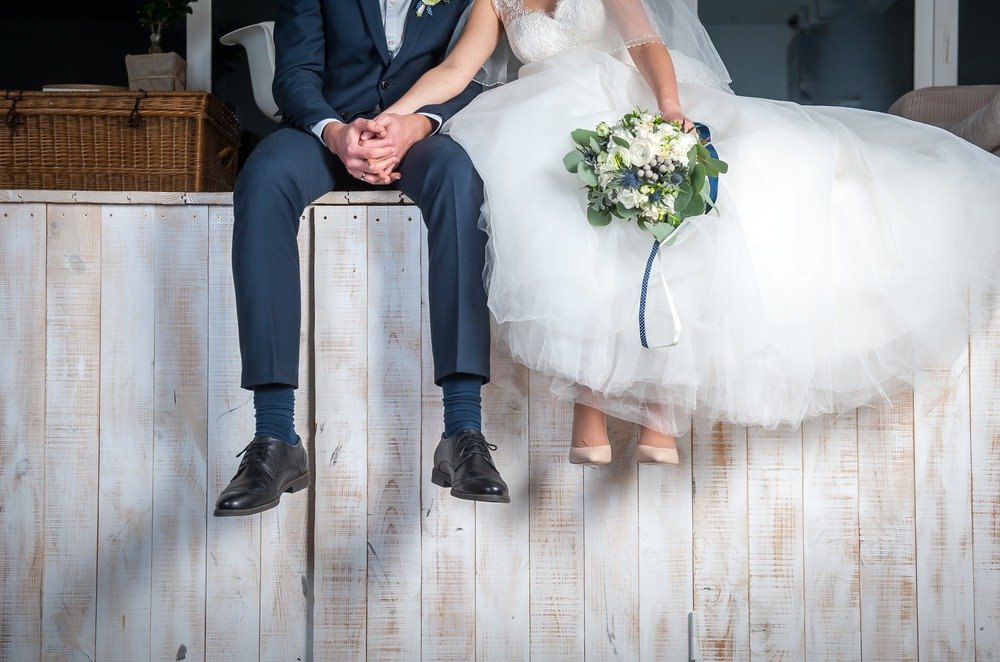
Popular television and the movies would have us believe that you can get married wherever you want, all you need is a couple of friends, your partner and the rings (and vows!). This is, however, not the case in England and Wales, as highlighted by a Law Commission scoping report. The report identified key problem areas regarding how marriages are conducted in England and Wales, as well as where they are able to be conducted, and recommended several changes. The Government has now responded saying that it is currently not the right time for a review of marriage law, but it has not excluded the possibility of future review – and several experts in the area, such as Baroness Butler-Sloss, have stated that they wish to keep this potential review on the government’s mind, especially to be brought up again once some closure has been found regarding Brexit.
The current laws regulating marriage can be found in the Marriage Act of 1949 and, notwithstanding a couple of amendments, such as the applicability of the Same Sex Marriage Act 2013, these provisions still largely follow the scheme created in the 1800s. Thus, it should come as no surprise that certain rules seem outdated when applied to today’s society.
There are strict formalities regarding the location in which a marriage ceremony can take place. The permissible venues for a civil marriage are the area register’s office and buildings approved by the local authority of the relevant area for the purposes of civil marriages, such as a hotel. It is also possible to have a religious marriage, which must be conducted either in a building of the Church of England (or the Church of Wales) or a place of worship certified as such and then registered for the purpose of a religious marriage. If a marriage is conducted in any other venue, it will not be a legally recognised marriage (save for a couple of rare exceptions for those where one party is terminally ill, or those marrying according to Jewish and Quaker customs).
Therefore, if a couple wishes to marry following any other religious custom, or marry in a location with special meaning to them, they may be required to hold two separate events: one to ensure their marriage is legally valid, and another to fulfill any personal wishes. Those who fail to meet these locational requirements, even where they were simply unaware of these rules, will not have a legally recognised marriage – meaning their relationship is not legally protected, they will have no legal remedies in the event of relationship breakdown, and no automatic rights regarding the other parties’ death.
If these requirements have left you feeling confused and unsure of how to plan for your wedding arrangements, one of our solicitors at Grayfords can advise you on how to ensure you have your dream marriage, but also ensure you comply with any and all legal requirements, as well as answer any other questions you may have pre-marriage regarding a prenup or any other property assets and children involved. Moreover, if you think that your marriage may not be legally recognised, we can explain the legal options you now have to rectify this, as well as help in the event of relationship breakdown.


